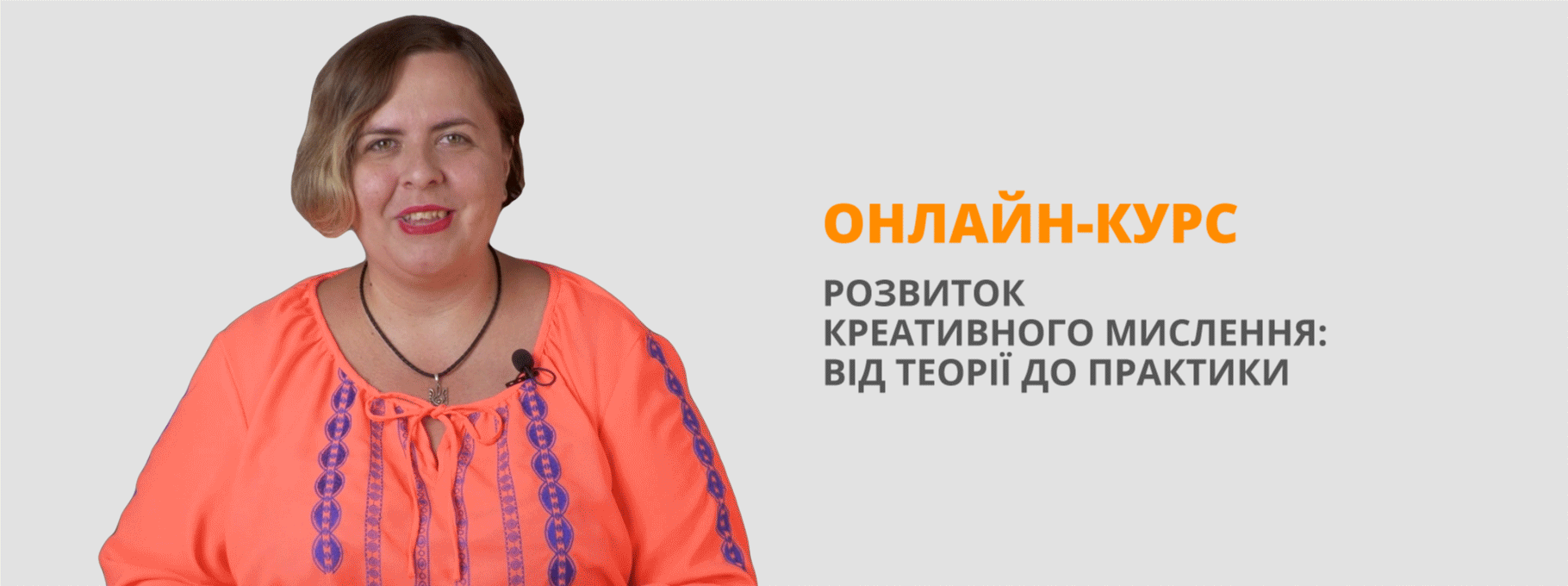Сценарій практичного заняття у шкільному Клубі любителів англійської мови
Практичне заняття
в Клубі знавців англійської мови (the English-Speaking Club)
Тема заняття:
Засоби подорожування по місту.
Використання теперішнього доконаного часу в англійській мові.
Means of transport in the city. The Present Perfect Tense.
Мета заняття:
Активізувати щоденні корисні фрази для спілкування у незнайомому місті, а також правила використання теперішнього доконаного часу.
Вступне слово вчителя:
Добрий день, дорогі учні, шановні гості. Я рада вітати всіх, хто серйозно цікавиться англійською мовою і бажає докласти зусиль, щоб подолати мовні бар’єри. Однією із знакових подій в нашій школі є створення в Рік англійської мови Клубу знавців англійської мови. На заняттях Клубу ми знайомимось з цікавими фактами з життя англомовних країн, різними аспектами Британської культури, а також удосконалюємо свої мовні знання і мовленнєві здібності у так званому “Еveryday English”. А допомагає нам відеокурс “Word On the Street”, розроблений Британською Радою спільно з Персидською студією Бі-Бі-Сі, його ведучі Ешлі і Стівен Уокер і експерт Британської Ради у сфері викладання англійської мови Роб Льюіс. Я впевнена, що ця програма сприятиме посиленому формуванню комунікативної компетенції кожного, хто по-справжньому зацікавиться нею. Але ж це вступне слово - саме для наших гостей, бо нашим своєрідним мотто/ девізом є слова “No speaking a word in our native language!” Наше заняття сьогодні ми присвячуємо найбільш вживаним фразам під час подорожі по незнайомому місту.
Well, I asked everybody to prepare a little poser with the motto. Have you done it? By the way, I used Present Perfect, one of the most commonly used Grammar Tenses in the English language. So, let’s start!
Now we are going to define the main idea of our lessons in the English-Speaking Club. Who will do that?
Student 1:
One of my favourite pastimes is learning English. I jump at every opportunity to experience delight in practising «Everyday English». I have always dreamt of breaking language barriers. So I am here, in the English- Speaking Club.
Student 2:
I’m sure, the lessons in the club will help us to broaden our language horizons and to learn more about different aspects of life in the English-speaking countries. I like practicing my English at my leisure so I decided to join the club as well.
Teacher:
OK, and now it’s time to meet our guides in English. While watching the program be ready to repeat after me the most commonly used phrases on the street to prove that the English the people speak is different from English we learn in the classroom. Are you ready?
OK, let’s start.
Перегляд учнями курсу «Word On the Street», розділ «City Transport». Під час перегляду учні повторюють фрази за ведучими програми.
Useful phrases:
We both live in London and love it here.
It’s an amazing city with lots to offer.
Every year millions of visitors come to UK just to see London.
Of course, visiting London is not the same as living in London.
I’ve never been here before.
I’ve always wanted to visit London!
Oh, it’s just your first visit to London?!
Great to see you!
This is Jass! Nice to meet you, Jass!
Traffic is terrible!
You should see the rush over!
Sometimes it’s quicker to walk!
Are you OK with walking?
We have to hurry!
Wait a minute!
Oh, I’ve lost my bag!
I’ve never seen anything like this before!
I don’t believe it!
Look what I have found!
It’s Ashley’s bag! / Is it Ashley’s bag?
I’ve got a surprise for you!
Teacher:
Now, let’s practice these phrases in imaginary situations.
Учні складають діалоги з поданими фразами, демонструють їх.
Sample dialogue on the topic:
- Hi, Daryna. This is Bohdan.
- Hi, Bohdan. Nice to meet you. How do you like in here?
- Great! I have never seen anything like this before!
- Oh, it’s just your first visit to London? You have never been here before?
- No, never! But I have always wanted to visit London. I must say, the traffic is terrible! Sometimes it’s quicker to walk!
- OK. We have to hurry!
Teacher:
Now it’s time to listen to Rob Luise and learn the rules of using the Present Perfect Tense with “NEVER”, “ALWAYS”, “EVER”.
Учні слухають пояснення викладача – ведучого програми і повторюють приклади використання фраз у теперішньому доконаному часі.
Teacher:
Now, let’s practice Present Perfect.
What have you never done before? (in your life)
What have you always wanted to do? (in your life)
Ask each other if you have ever done something? (in your life)
The verbs you can use in your speech
I have always wanted:
- to visit London;
- to live in France;
- to speak English perfectly;
- to watch this film;
- to come to your club.
I have never:
- to read – read – read;
- to be – was / were – been;
- to see – saw – seen;
- to play – played – played;
- to eat – ate – eaten;
- to drink – drank – drunk;
- to hear – heard – heard.
Учні спілкуються.
Teacher:
Now, let’s speak a little about means of transport in London as well as in any other big city. What means of transport were the young people travelling by?
Students:
- by taxi;
- by underground;
- by boat.
Teacher:
Who knows how the London Underground is called? (the Tube)
I asked you to find some more interesting information about means of transport in London. Now surf the Net and present your information.
Учні працюють в інтернеті, розповідають про засоби транспорту в Лондоні мовою, що вивчається.


про публікацію авторської розробки
Додати розробку
